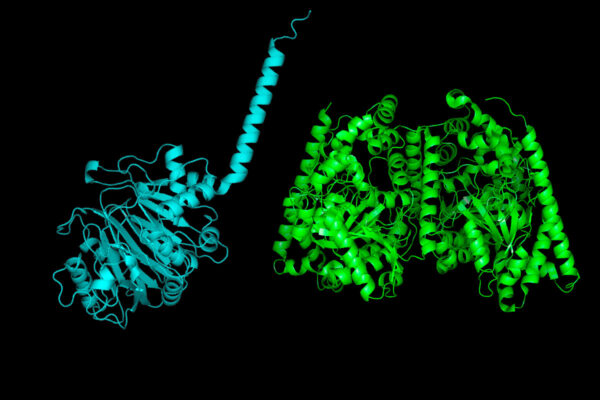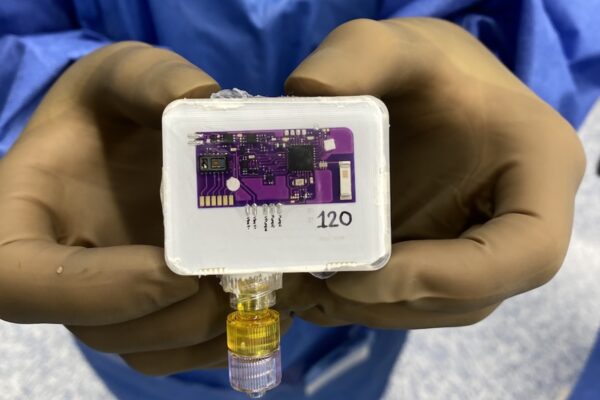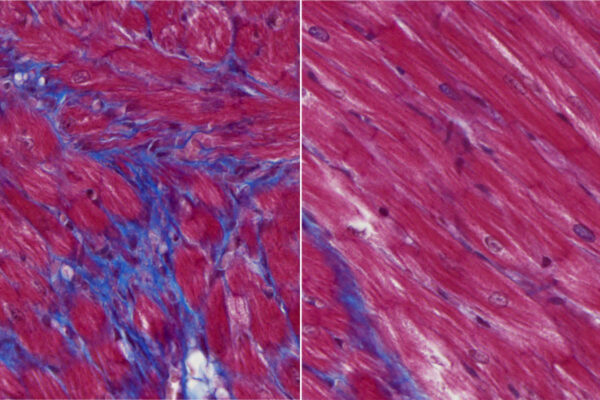Center helps secure Medicaid coverage for doulas in Missouri
Missouri’s Medicaid program now covers doula services statewide, an effort led by CAHSPER and community health leaders. The measure addresses the state’s alarming maternal mortality rates.
Zhao, Musiek receive NIH grant to study neurodegenerative diseases
Guoyan Zhao, PhD, and Erik Musiek, MD, PhD, both at WashU Medicine, have received a $433,000 grant from the National Institute on Aging of the National Institutes of Health (NIH) to study brain cells called astrocytes and their roles in neurodegenerative diseases, including Alzheimer’s and Parkinson’s.
How to grow food without light
In a new publication, researchers at the McKelvey School of Engineering make the case for electro-agriculture to help drastically cut carbon emissions.
Medicaid enrollment associated with higher risk of cancer death
Enrollment in Medicaid was associated with higher risk of death from a central nervous system (CNS) tumor, with an almost two-fold higher risk for young CNS tumor patients enrolled at diagnosis, finds a study from the Brown School at Washington University.
Optimizing labor induction focus of WashU Medicine grant
Nandini Raghuraman, MD, and Antonina Frolova, MD, PhD, at WashU Medicine, have received a $2.7 million grant from the National Institute of Child Health and Human Development of the National Institutes of Health (NIH) to study contractions during labor induction.
Beneficial gut microbe has surprising metabolic capabilities
WashU Medicine researchers have discovered a gut bacterial enzyme with previously unknown metabolic capabilities that is associated with the growth benefits of a food therapy for malnourished children.
Implantable device may prevent death from opioid overdose
A team from WashU Medicine and Northwestern has developed an implantable device that, in animal studies, can successfully detect an opioid overdose and administer a lifesaving drug.
Immunotherapy blocks scarring, improves heart function in mice with heart failure
A new study from WashU Medicine researchers finds that a type of immunotherapy — similar to one approved by the FDA to treat inflammatory conditions — may be an effective treatment strategy for heart failure.
Five WashU faculty receive grants for innovative cancer research
The American Cancer Society and venture capital firm Yosemite have selected five WashU faculty to receive the inaugural ACS-Yosemite research grants.
US earns D- on latest youth physical activity report card — again
The U.S.’ D- grade for children and youth physical activity offers an opportunity to address the problem of insufficient physical activity, said Elizabeth Dodson, research assistant professor in the Brown School and a member of the Report Card Research Advisory Committee.
Older Stories









